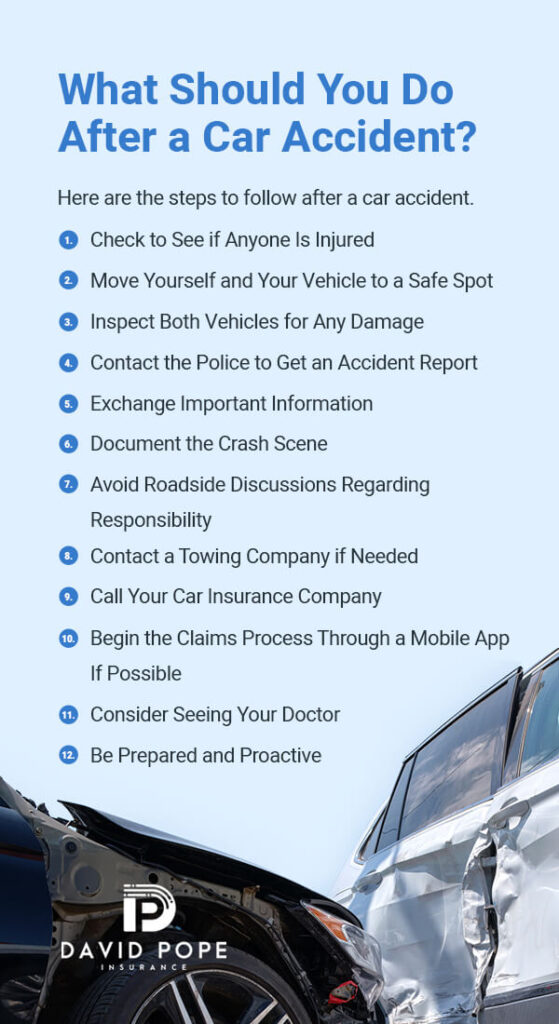Can a Collection Agency Take Your Car? Know Your Rights
Can a collection agency take your car? The short answer is yes, but it’s complicated.
Collection agencies can take your car under specific circumstances. Here’s what you need to know to protect your vehicle and understand your rights. When you fall behind on car payments, the lender may hire a collection agency. This agency’s job is to recover the money owed.
If you default, they might seek to repossess your car. Understanding the process can help you avoid this situation. Knowledge is power. Learn about your rights, how repossession works, and what steps to take if you’re facing car repossession. This information can help you stay in control and keep your car safe. Read on to find out more.
Collection Agency Powers
A collection agency can take your car if you don’t pay your loan. They get the right from your loan agreement. Your lender gives this power to the collection agency. Missing payments can lead to repossession. Agencies don’t need a court order. They can take the car anytime. The car can be taken from your home or work.
Agencies must follow laws. They cannot use violence. They cannot break into your home. They cannot harm your property. They need to act peacefully. They must inform you after taking the car. You have rights too. You can get your car back by paying the debt. You may also negotiate a new payment plan. Knowing your rights helps protect you.

Credit: www.insurancecentermo.com
Debt Types Impacting Car Seizure
Some debts are secured, and others are unsecured. Secured debts use your car as collateral. If you don’t pay, they can take your car. Unsecured debts do not use your car as collateral. They may try to sue you, but they can’t take your car directly.
An auto loan is a type of secured debt. Your car is the collateral for the loan. If you stop making payments, the lender can repossess your car. Make sure to understand your loan terms well. This can help you avoid losing your vehicle.
Consumer Protection Laws
The Fair Debt Collection Practices Act (FDCPA) protects consumers. It stops harassment by debt collectors. Collectors cannot use unfair or deceptive practices. This law covers many types of debts. Credit cards, medical bills, and loans are included.
Debt collectors cannot threaten to take your car. They must follow the law. They also cannot call you at odd hours. They must be honest about the debt.
Each state has its own rules. Some states offer more protection than others. These rules may limit what collectors can do. In some states, collectors need a court order to take your car. This provides an extra layer of safety.
Check your state’s laws. Knowing your rights can help. You can find this information online or ask a lawyer. Stay informed and protect yourself.

Credit: culbertsonagency.com
Steps Before Repossession
A collection agency must send a notice before taking your car. This notice will tell you how much you owe. It will also tell you the deadline to pay. The notice must be clear and easy to understand. The notice must also be sent in a timely manner. This gives you time to act. Without a notice, they cannot take your car legally.
You must be given a chance to fix the issue. Pay the amount owed or arrange a payment plan. This opportunity is crucial. It helps you avoid losing your car. If you pay on time, they cannot take your car. Always check the deadline in the notice. Pay before the deadline to keep your car.
What Happens During Repossession
A collection agency can repossess your car if you default on loan payments. Repossession involves taking back the vehicle without prior notice. This can happen quickly, often leaving you without transportation.
Towing Procedures
A collection agency can take your car if you miss payments. They hire a tow truck to do this. The truck comes to your home or work. They don’t need your permission. They take the car to a storage lot. They might do this at night. You might not see it happen. They do this to avoid conflict.
Personal Property Retrieval
After repossession, you can get your stuff back. Items inside the car are still yours. Call the agency to arrange a pickup. They will set a time for you. They will not keep your personal items. You must act fast. They may charge a fee. Make sure to check the car for all your belongings.
Post-repossession Options
If a car is taken, you can get it back. This is called loan redemption. You pay the full loan amount. This includes late fees. Some states give you this right. Make sure you know your state laws. Talk to your lender. Ask for the total amount needed. Pay it on time.
After repossession, the car is sold. The sale amount might be less than the loan. You still owe the difference. This is called a deficiency judgment. The lender can ask for this money. They might go to court. You must pay the remaining amount. Know your rights and options.
Preventing Car Seizure
Talking to the collection agency can help. Explain your situation. Be honest and clear. Ask for a new payment plan. They might agree if you show good faith. Make sure to keep your promises. This way, you can avoid losing your car.
Combining all your debts can help you manage better. You take one new loan to pay all others. This means you have one payment each month. It can be easier to handle. Check the interest rates before you decide. Sometimes, it can save you money. Keep in mind, your car is safer when you pay on time.
Seeking Legal Help
Worried if a collection agency can take your car? Generally, they can’t repossess unless your car loan is in default. Seek legal help to understand your rights.
Finding A Lawyer
Finding a good lawyer can help with debt problems. Look for lawyers who know about debt and collections. They can explain your rights. They can tell you if a collection agency can take your car. Ask friends or family for recommendations. Check online reviews. Many lawyers offer a free first meeting. This helps you decide if they are the right fit.
Legal Aid Resources
Legal aid resources can be helpful. Some organizations offer free legal help. These are for people who cannot afford a lawyer. Check local community centers. Many have information on legal aid. Libraries can also be a good resource. They often have brochures or flyers. You can also search online for legal aid programs in your area. Make sure to contact them as soon as possible.

Credit: www.opic.texas.gov
Frequently Asked Questions
Can Collections Take Away Your Car?
Yes, collections can take away your car. If you default on an auto loan, the lender may repossess it.
How Can I Protect My Car From Debt Collectors?
To protect your car from debt collectors, keep payments current. Park in a secure, hidden location. Consult a lawyer for legal advice.
What’s The Worst Thing A Debt Collector Can Do?
A debt collector’s worst actions include harassment, threats, or providing false information. These actions violate the Fair Debt Collection Practices Act.
What Is The 777 Rule With Debt Collectors?
The 777 rule means debt collectors can only call you up to seven times within seven days. This limits harassment.
Conclusion
Collection agencies can’t usually take your car. They focus on money, not assets. Your vehicle is safe unless it’s collateral for a loan. Stay informed about your rights. Talk to a legal expert if needed. Understanding your situation helps you make better decisions.
Financial stress is tough, but solutions are available. Don’t panic. Explore your options calmly. Protect your assets wisely. Be proactive in managing debts. Seek advice and support when needed. Your car is important, keep it secure. Knowledge is power in these situations.







